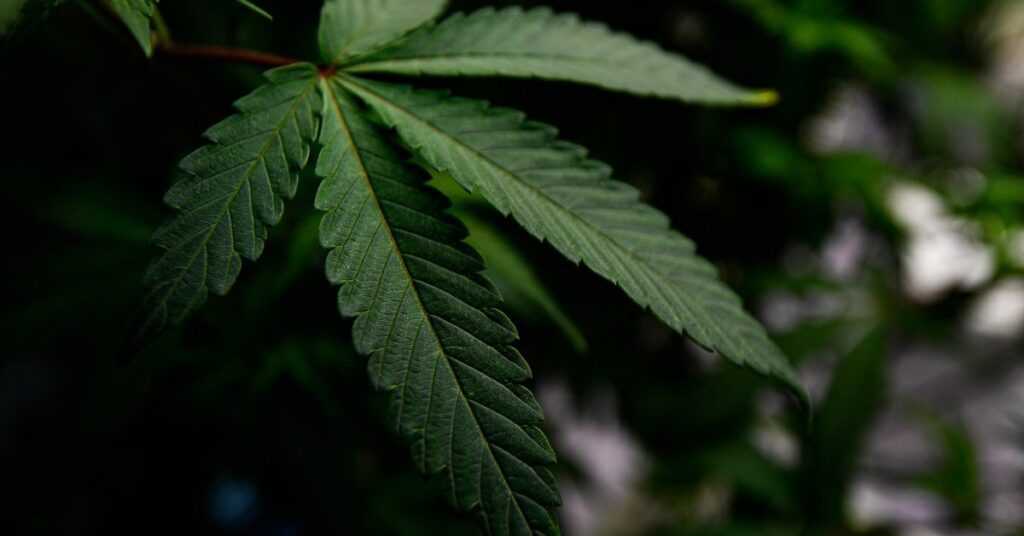Hong Kong has implemented a ban on the possession, consumption, and distribution of cannabidiol (CBD), marking a significant shift in its regulations concerning cannabis-derived products. This move has sparked discussions about CBD’s legal status amidst growing interest and utilization around the globe.
Global Perspectives on CBD Legality
While Hong Kong tightens its restrictions, many nations are moving towards legalizing or decriminalizing cannabis. For instance, Thailand made headlines last year by legalizing cannabis products, potentially paving the way for a broader liberalization of drug policies in Asia. However, most countries, including Hong Kong, continue to categorize cannabis as a dangerous drug, with severe penalties for related offenses.
Key Statistics:
- The global market for CBD is projected to reach $48 billion by 2028.
- In Hong Kong, CBD-infused products—from skincare to food—were increasingly available, illustrating a rising consumer demand.
The Details of the Ban
As of February 1, CBD is classified alongside substances like heroin and methamphetamine in Hong Kong, a stark contrast to the rising popularity of CBD in other parts of the world. Local authorities argue that the scientific evidence regarding CBD’s therapeutic benefits is inconclusive and express concerns about possible harmful effects. Their stance is reinforced by the claim that many seized CBD products contained trace amounts of tetrahydrocannabinol (THC), the compound responsible for the psychoactive effects associated with cannabis.
What is CBD?
Cannabidiol (CBD) is a non-psychoactive compound derived from the cannabis plant. Unlike THC, it does not induce a "high" and is often associated with potential health benefits, including:
- Reducing anxiety
- Alleviating seizure disorders
- Potential therapeutic value for various medical conditions
The World Health Organization (WHO) has stated that CBD appears to have a low risk of abuse; however, it does not endorse its medical use due to insufficient evidence.
Comparison with CBD Regulations in Asia
The regulatory landscape for CBD is varied across Asia:
- Thailand: Legalized CBD and cannabis products, sparking discussions about drug policy reform.
- Singapore: Has a zero-tolerance approach where CBD is classified as a cannabis product, subject to strict penalties even for citizens using it abroad.
- China: Enforced a ban on CBD entirely in 2022, despite being the world’s largest cultivator of hemp.
- South Korea: Permits specific medical cannabis, including some CBD products, with strict regulations.
- Japan: Allows CBD from certain parts of the cannabis plant but maintains stringent possession laws.
Future Implications for CBD Regulation
The recent developments in Hong Kong raise questions about the future of CBD regulation both in the region and globally. Experts continue to debate the balance between regulating CBD and recognizing its potential benefits. For example:
- Fung Sai-fu, a social sciences instructor, advocates for regulations but acknowledges the need for clarity concerning CBD’s health claims.
- In contrast, Gloria Lai, from the International Drug Policy Consortium, argues against criminalizing CBD, emphasizing the absence of evidence suggesting harm or dependence.
The Broader Debate
The discourse on CBD regulation is ongoing, with legislative bodies and public health organizations grappling with the complexities of integrating CBD into legal frameworks without stifling innovation or access. Regulatory bodies in regions like the European Union have made strides towards distinguishing CBD from other narcotics, suggesting a need for a nuanced approach to its legality.
In the United States, CBD remains a contentious topic. The FDA has called for new regulatory pathways to govern its use while balancing consumer access and safety concerns.
Conclusion
The ban on CBD in Hong Kong represents a significant tightening of cannabis regulations in a region where the market for CBD is burgeoning. As various countries navigate their own legal landscapes around cannabis, the implications of this ban could influence regulatory approaches elsewhere, especially as the global demand for CBD continues to rise. Understanding the nuances of CBD’s legal status and potential therapeutic benefits remains crucial for consumers and policymakers alike.
For more about CBD and its implications, explore additional resources and studies regarding cannabidiol and current regulations worldwide.


